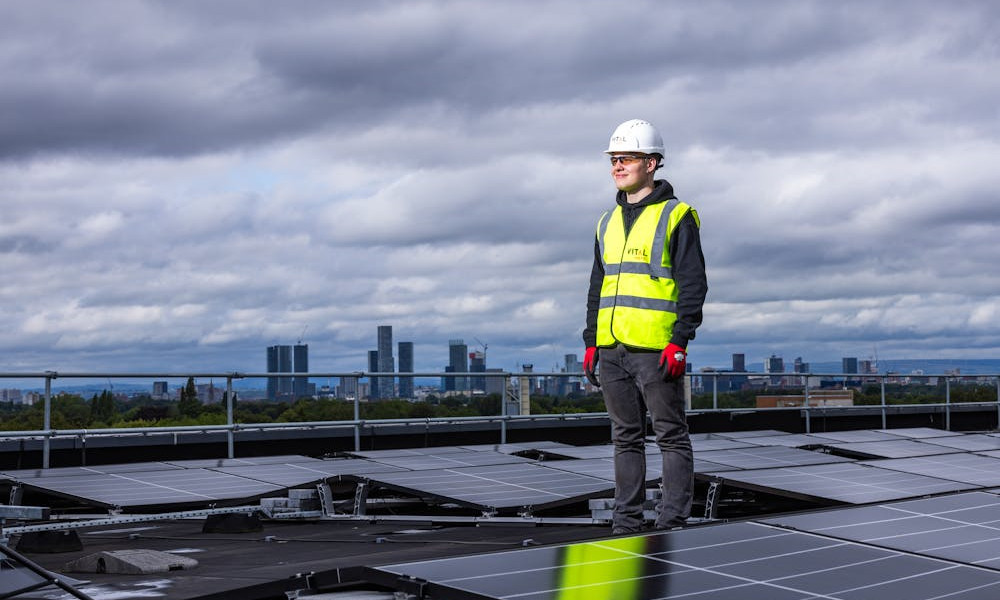Green Revolution: 6 Game-Changing Sustainability Shifts Transforming Manufacturing by 2025

Sustainability in Manufacturing: 6 Transformative Trends Reshaping Industry
Gone are the days when sustainability was merely a buzzword. Today, it's a critical imperative driving fundamental changes across manufacturing landscapes. Companies are no longer just talking about environmental responsibility—they're actively implementing innovative strategies that balance economic efficiency with ecological consciousness.
As industries worldwide recognize the urgent need for greener practices, a remarkable transformation is underway. From waste reduction to renewable energy adoption, manufacturers are pioneering solutions that promise both environmental preservation and operational excellence.
Top 6 Sustainability Trends Revolutionizing Manufacturing
1. Circular Manufacturing: Reimagining Waste as a Resource
Circular manufacturing represents a paradigm shift from traditional linear production models. Instead of the conventional "take-make-dispose" approach, this innovative strategy views waste as a valuable resource, creating closed-loop systems that minimize environmental impact while maximizing resource efficiency.
By redesigning products, processes, and supply chains, forward-thinking manufacturers are turning sustainability from a challenge into a competitive advantage.
